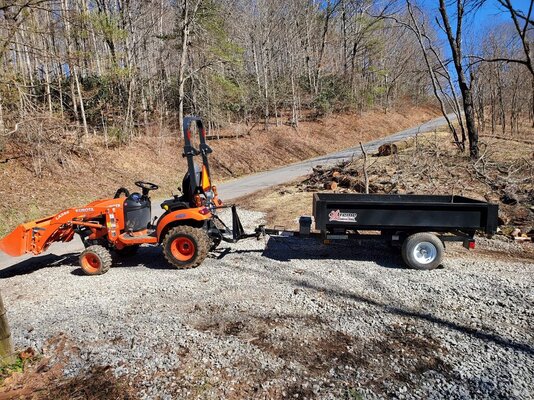If the ground is easy to dig 4-5’ deep, consider renting a mini excavator and doing a trench from the pole near the street and burying the utilities. Put at least 4 pvc runs in the trench. One for power , telephone, cable, and a spare for perhaps a light at the driveway entrance. You may be able to (or required to) put the meter on a post near the street (power companies like to install remote read meters that they drive past to read), then out the bottom into the trench. My meter is 50’ up my 350’ drive.

